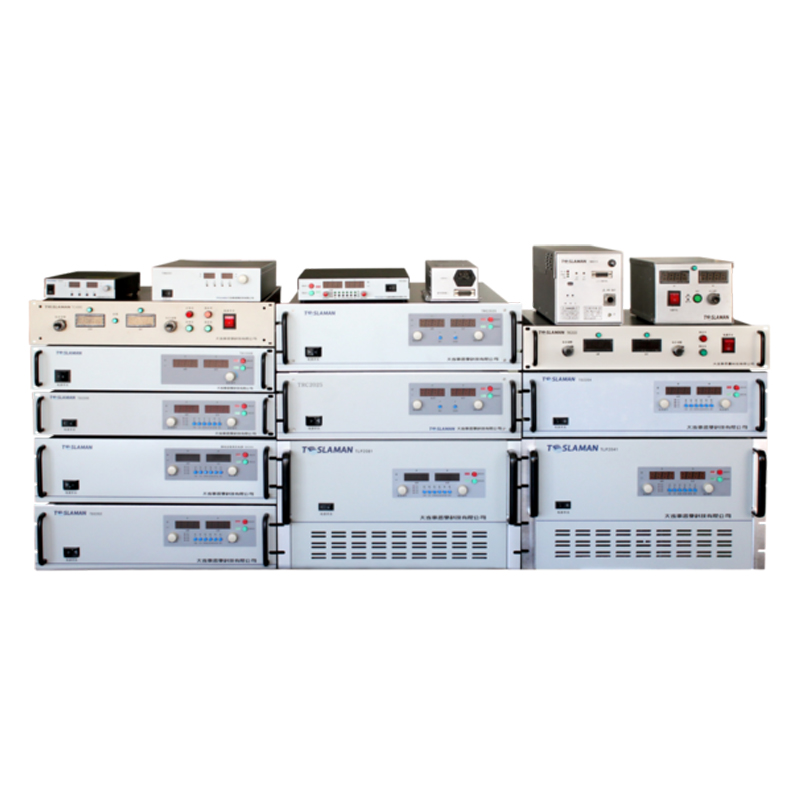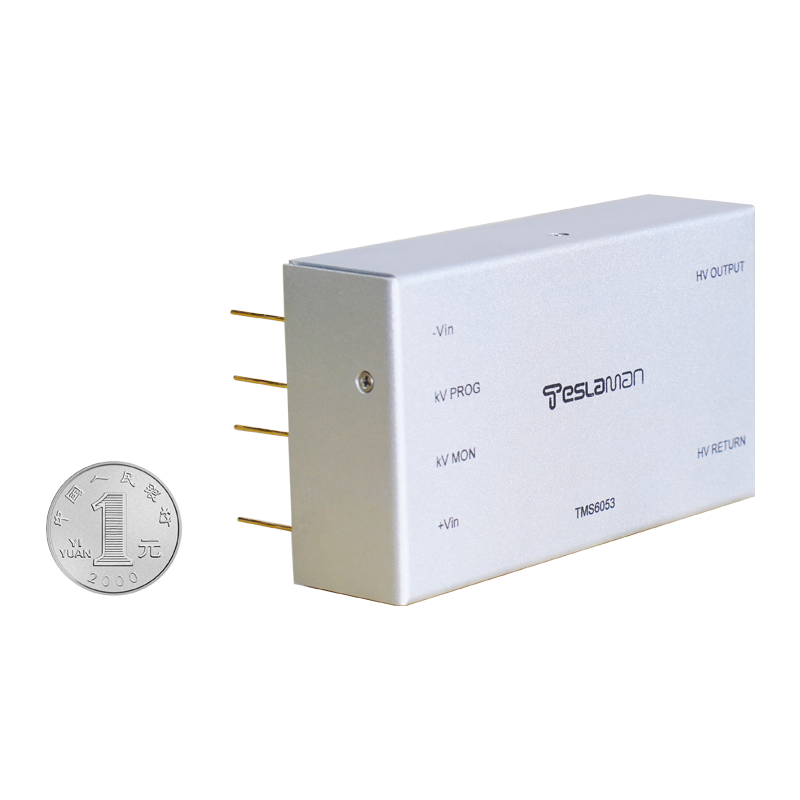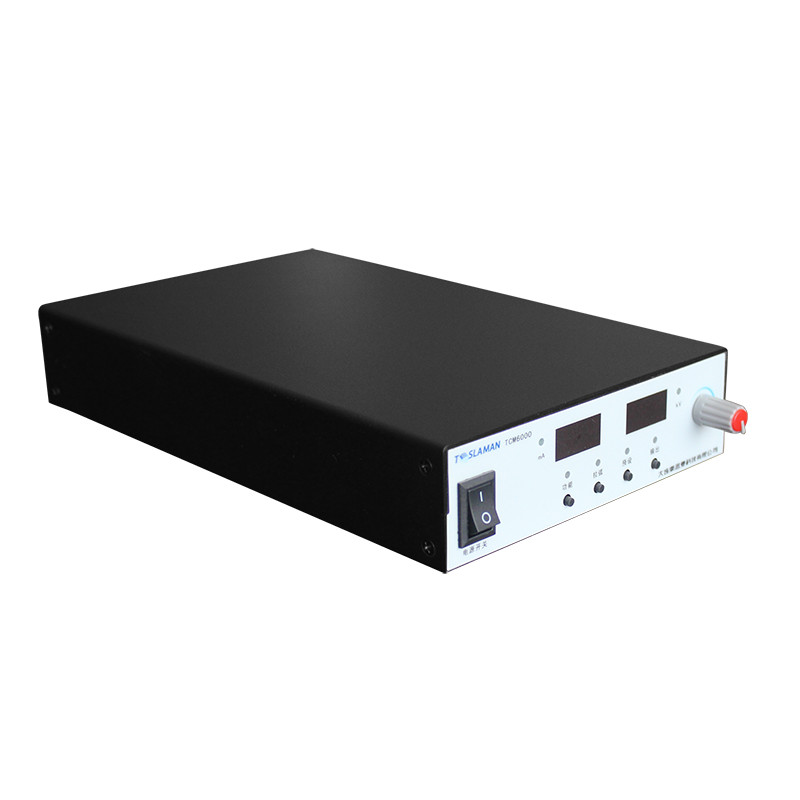Exploring Innovative Pathways for High-Voltage Power Supply Technologies in Water Treatment
With the increasing demand for water resources in society, the water treatment industry is facing higher requirements and standards. How to utilize advanced technologies to improve water treatment efficiency and water quality has become a core issue for the development of the industry. Among them, high-voltage power supply technology has shown huge application potential in aspects such as automation and precision of water treatment.
The advantage of applying high-voltage power supply technology in the field of water treatment is that it can provide relatively high power and stable DC or AC high-voltage output to meet the power requirements of specific links in the water treatment process. Compared with traditional power supplies, high-voltage power supplies have higher conversion efficiency, more precise control, and can greatly improve the stability and intelligence level of water treatment systems. In addition, high-voltage pulsed electric field technology can also destroy algae, pathogens and other pollutants to achieve water purification.
Currently, high-voltage power supply technology innovations in water treatment are mainly reflected in the following aspects:
1. Modular and integrated design. Adopting the design concept of modularity, standardizing and specifying each functional unit of the high-voltage power supply system, and then flexibly combining them can shorten the design cycle and reduce manufacturing costs. At the same time, different modules share information and collaborate through digital communication to achieve overall integration and intelligence of water treatment systems.
2. Application of advanced semiconductor technology. Using new power semiconductor devices such as silicon carbide and aluminum nitride silicon to make high-voltage switching and rectification modules can improve the overload capability and operating frequency of the power supply, and realize fault self-detection and protection. This enables high-voltage power supply systems to have higher power density and longer service life.
3. Application of digital power supply technology. Using digital signal processing technology to sample, calculate and control switching power supplies, instead of traditional analog control methods, can achieve rapid and accurate adjustment of output voltage and current, thereby improving the dynamic response speed of water treatment systems. In addition, digital power supplies can also achieve more advanced control and optimization algorithms through software.
4. Use of advanced materials. The use of new insulating and magnetic functional materials such as zirconium oxide and boron nitride can improve the operating temperature and limit power of power supply components, making them more suitable for the high temperature, high humidity and corrosive environment of water treatment processes.
5. Intelligent diagnosis and predictive maintenance. By collecting various sensor data through the power supply operation status monitoring system, and combining artificial intelligence algorithms, intelligent diagnostic functions such as status evaluation, fault prediction, and abnormality early warning of the power supply system can be realized to guide equipment maintenance.
In summary, high-voltage power supply technology has unique advantages in providing efficient, accurate and intelligent power conversion and control for the water treatment field. Future technological innovations should focus on directions such as modular integrated design, digital power supply technology, advanced materials and intelligent maintenance, in order to further improve the automation, economy and reliability of water treatment systems. Industry experts and scholars also need to strengthen cross-integration research, promote matching upgrades of high-voltage power supply technology and water treatment processes, in order to meet the demands for water use efficiency and water quality safety.




















